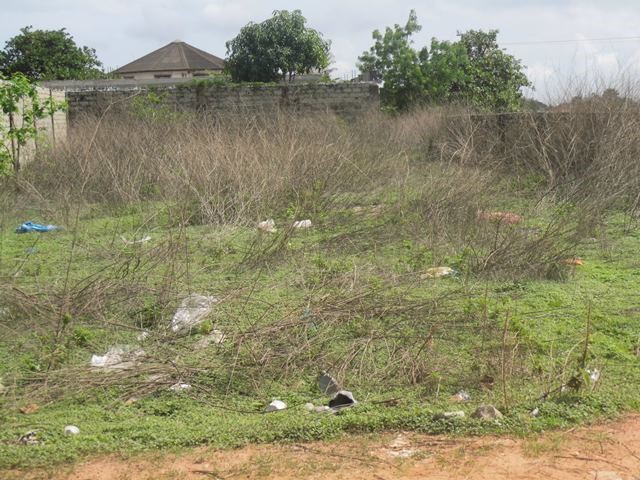By Sainabou Sambou
The Kanifing High Court presided over by Justice Alexander Osei Tutu has ordered that Sylvanus Johnson ‘be compensated with the sum of D40,000.00 for the hardship and distress vesited on him’ as he pass his judgment over the case between Sylvanus Johnson (applicant) and the Inspector General of Police and Attorney General, 1st and 2nd respondent respectively.
In his judgment, Justice Alexander Osei Tutu stated that on 16th December 2020, the applicant filed an originating summons praying for “a declaration that the conduct of the 1st respondent to detain the applicant without charge from the 4th day of April 2020 to the 19th day of April 2020 constitutes a violation of his right to personal liberty as enshrined in the 1997 Constitution of The Gambia.” And also “An order for the 1st respondent to pay adequate monetary compensation to the applicant for the hardship and distress occasioned by his conduct.”
According to him in his judgment, the applicant “was arrested by the 1st respondent and detained at the police headquarters from the 4th day of April 2020 to the 19th day of April 2020 and was not put before any court of law and neither was he charged with any offence.”
The Justice disclosed that the counsel for the applicant in his arguments relied on section 19 (3) and sections 37 (1) of the 1997 Constitution and as well sought refuge under case law to drum home his point and as well cited the Nigerian case of Agu vs Okpoko (2009) LPLER, which supported his argument.
However, the Justice addressed both the issue of the arrest and detention. On the case of unlawful arrest, he said “Part III of the criminal procedure code (CPC) generally deals with arrest. For instance, the mode of effecting an arrest is spelt out under section 8 of the CPC section 15 touches on arrest by a police officer without warrant.”
He added that to be able to establish whether the arrest was unlawful, it was incumbent on the Apllicant to establish evidence to show that his arrest was inconsistent with any of the procedures spelt out in the CPC, “unfortunately, the evidence adduced by the Apllicant pertaining to his arrest was weak and the effect was that the claim of unlawful arrest remained unsubstantiated.”
On the unlawful detention, Justice Osei stated that it was found out that the applicant was in the custody of the 1st Respondent for more that seventy-two hours contrary to the express provisions of the 1997 Constitution.
However, he said it was submitted by Counsel for the State on behalf of the 1st Respondent that the Applicant has been charged with the offence of rape of a ten-year old girl. With all deference to counsel, “I am unable to see how that argument answers the question posed. Indeed, the Apllicant may have been charged for an offence, but that may not take away the fact that he was detained beyond seventy-two hours.
Justice Osei in his final written 12 pages judgment said “this court does not regret in granting the prayers of the Applicant herein as follows: a, that the Applicant’s detention by the 1st Respondent for a period exceeding seventy-two hours is a violation of the Applicant’s rights and liberties guaranteed under the 1997 Constitution of The Gambia. And b, that the Applicant be compensated with the sum of D40,000 for the hardship and distress visited on him.”




